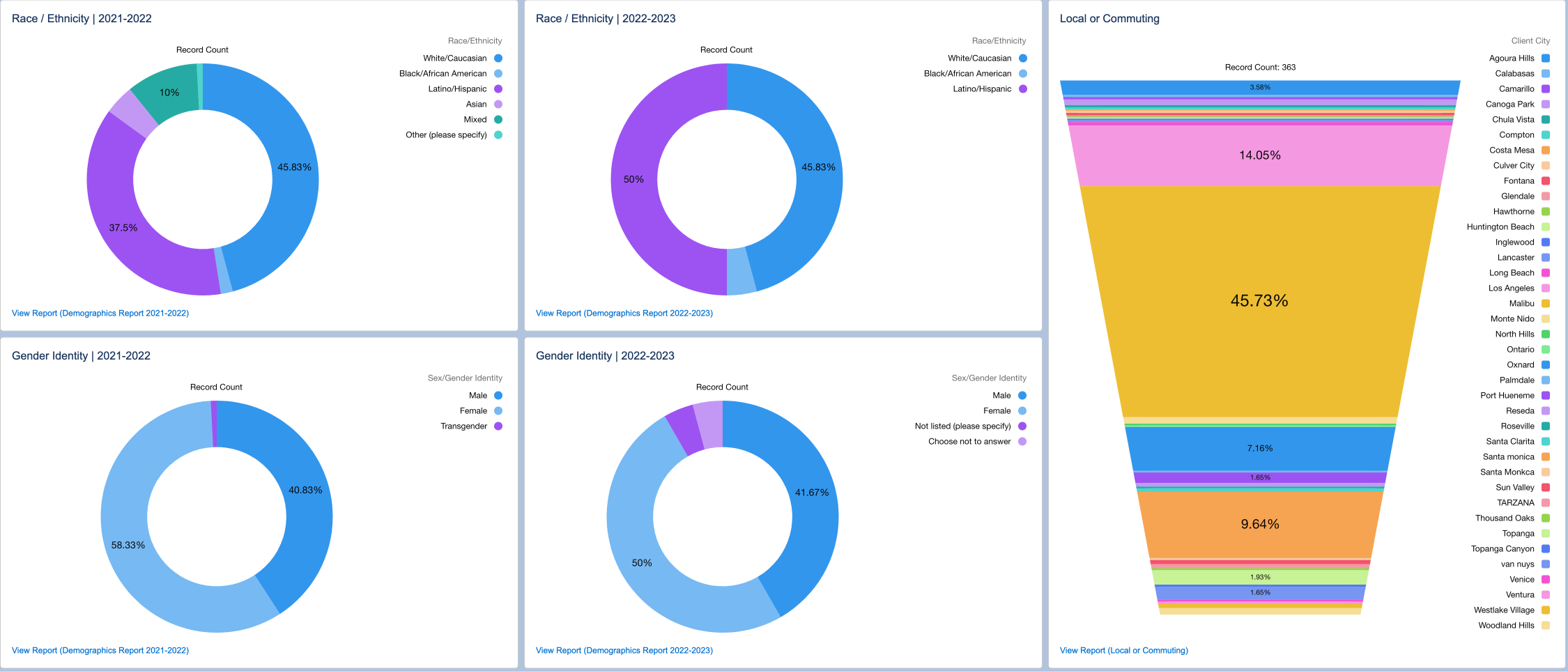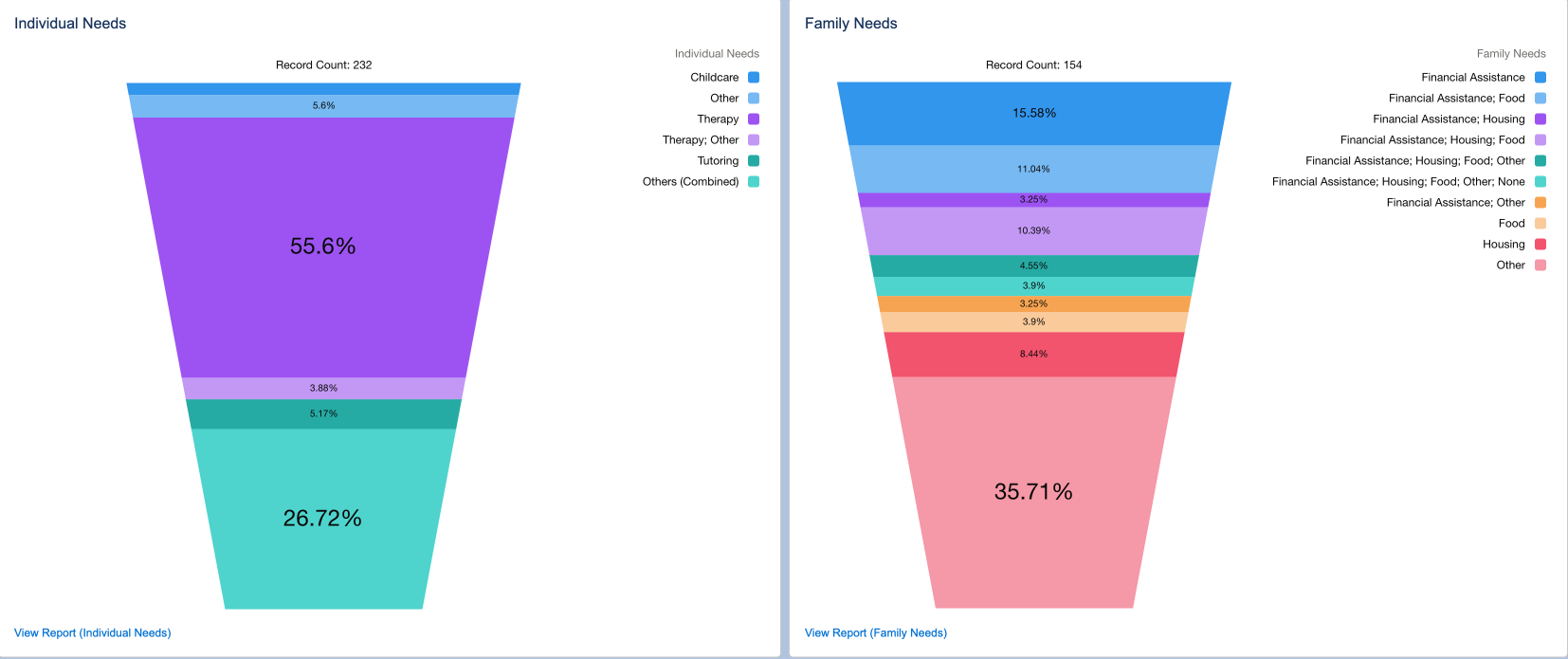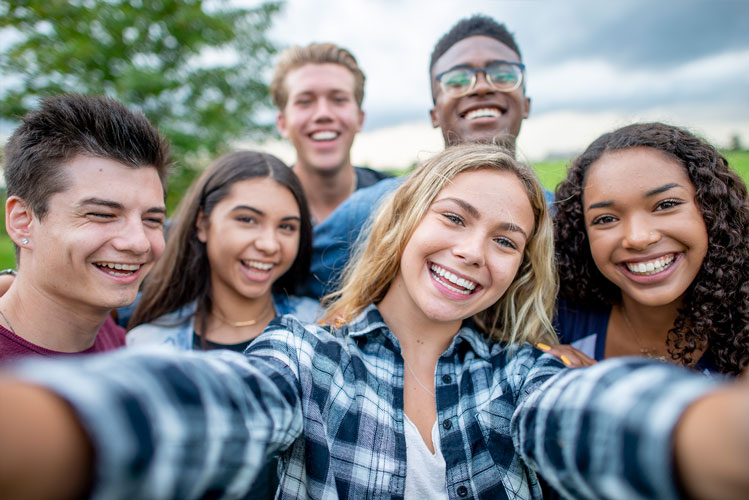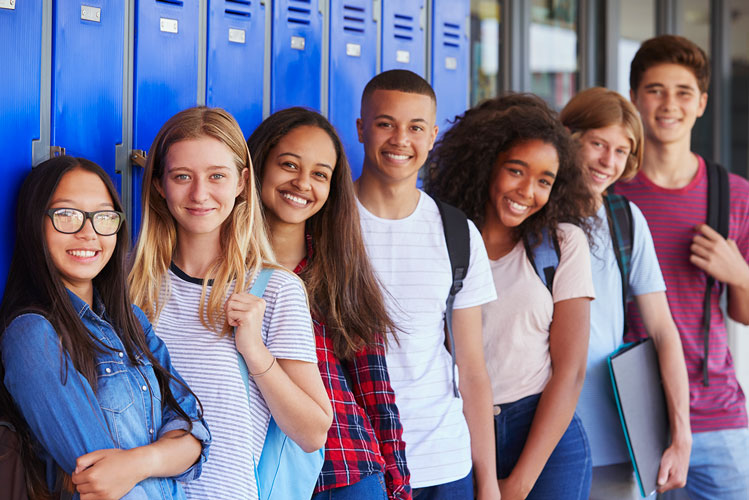
Strengthening Our Community
Empowering Youth to Embrace Diversity, Empathy, and Connectedness
SEE EMPOWERED VOICES IN ACTION
Empowered Voices is a year-long social-emotional learning program with four modules, each implementing design thinking and project-based learning.
Members/Students are immersed in a peer-based support system and find connection with youth from diverse communities around the country.
Students are equipped with frameworks through which to look at themselves and the world around them through lenses of Anti-racism, Intersectionality, Belonging, Healing, Self-Care, and Sustainability. They develop resiliency and a better understanding of mental health. They deepen their knowledge in these areas by using their creativity, collaboration, communication, and critical thinking skills to create solutions for individual or community challenges.
Teachers & Course Facilitators
– Taking Self-Awareness to Action –
Through collaborative and interactive lesson plans, students learn about themselves, self-care, and how to empower themselves to positively impact the world around them!
Weekly lessons are available for teachers or Boys & Girls Club staff in order to present in a HyperDoc using Google Slides. The lessons are designed to be shared with your members/students in Google Classroom.
If you are a teacher / facilitator and wish to learn more or access our curriculum please click on the Training and/or Access Modules links below.
For additional questions or password access/issues, please EMAIL Teen Center Director, Violet Miehle.
Overview of Social-Emotional Learning
Social-Emotional Learning (SEL) can provide children and young adults the life skills they will need later in life for work, relationships, preparing them for post-secondary school, and helping them have a sense of confidence and compassion to help others with purpose and positive intention. Having these skills could decrease a child’s challenges with mental health, reduce their chances of resorting to criminal behavior, and increase their involvement in civic engagement.
What is Project-Based Learning?
Project Based Learning (PBL) is a teaching pedagogy in which students gain knowledge and skills by working for an extended period of time investigating and responding to an authentic, engaging, and complex question, problem, or challenge. They actively engage in real-world and personally meaningful projects.
Students using PBL practice social emotional learning skills in authentic situations such as group work, iteration, and critical thinking
Overview of Design Thinking
The design thinking process is a means of PBL implementation that is rooted in empathy. While other means of PBL might look at a scientific or mechanical challenge, the design thinking process looks at human-centered challenges and design solutions that address human experiences. The design thinking process moves cyclically through five stages: Empathize, Define/Research, Ideate, Prototype, and Test. Each project begins with a broad “How might we?” challenge.




